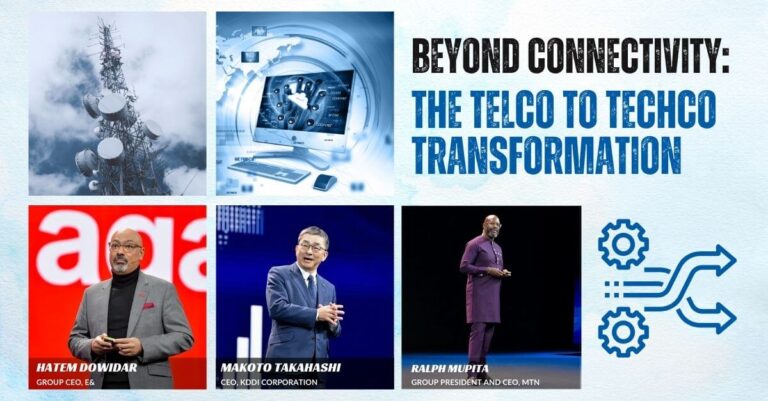Verizon has recently announced a significant expansion in the accessibility of its network Application Programming Interfaces (APIs). These APIs, crucial in enabling developers worldwide to tap into network services and capabilities, will now be available through a diverse range of channels. Developers can access these through API aggregators, hyperscalers, and Verizon’s dedicated API portal. This move is set to revolutionize how enterprises engage with consumers, enhancing the overall user experience and fostering brand loyalty.
The incorporation of these APIs into applications is not just a technical enhancement; it’s a strategic move to deepen consumer engagement across various touchpoints of the customer journey. By leveraging Verizon’s network services, enterprises can now create more meaningful interactions with their customers. These APIs are not only introducing state-of-the-art network capabilities to a global audience but are also pivotal in showcasing the immense potential of Verizon’s 5G network. They are accelerating the digital transformation of enterprises and fueling innovation, growth, and profitability.
Verizon’s API portfolio covers a wide range of functional areas. These include network authenticated security, SIM and device management, network traffic prediction, quality management, edge site selection and routing, among others. By unlocking the capabilities of Verizon’s 5G network, these APIs add significant value and functionality across multiple industry verticals. A practical application of this is seen in how developers can use these APIs to enhance multifactor-based fraud prevention. For example, an application can authenticate a mobile number and SIM authorization, along with other network-determined characteristics. This process not only verifies user identity and device ownership but also provides applications with a higher confidence score, especially crucial for apps in sensitive sectors like mobile banking and digital retailing.
Srini Kalapala, Senior Vice President of Technology and Product Development at Verizon, highlighted the vast potential of these services. “The breadth and richness of the services and data insights that can be leveraged from Verizon’s award-winning 5G network is immeasurable,” he stated. Verizon is at the forefront of developing these network APIs, aimed at enhancing customer security, streamlining customer interaction points, and creating new experiences. The company is now engaging with global partners to broaden the availability of these APIs.
In a bid to revolutionize customer experience, Verizon engineers have developed these network service APIs to unlock network capabilities in unprecedented ways. The company is collaborating with multiple industry standards bodies, such as CAMARA, GSMA OpenGateway, 5GFF, and TM Forum, to ensure its APIs adhere to global standards.

























